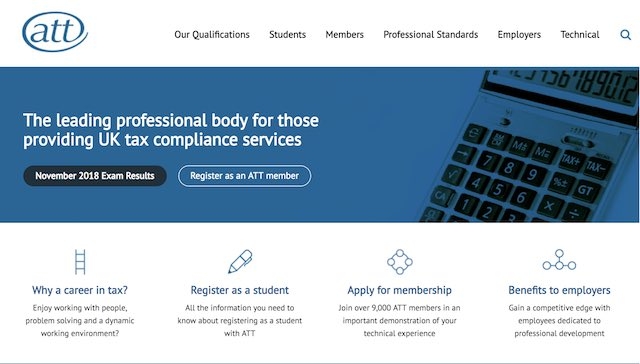
Red-tape warning on smaller family trusts

The Association of Taxation Technicians has warned that smaller family trusts - of the type often used by Financial Planners - are threatened by a rising red tape burden.
The ATT wants a cut in the “disproportionate” and growing reporting burden on smaller, family trusts and says that such trusts are often about asset protection and not tax avoidance.
The ATT was responding to HMRC’s consultation exercise on The Taxation of Trusts: A Review, which closes tomorrow (Thursday).
In its submission, the ATT emphasises that trusts are a “useful and flexible tool” for many families to provide protection for children and other vulnerable beneficiaries.
Trusts are often the only means of providing an effective transfer of assets between different generations of ‘blended families.’
Jon Stride, co-chair of the ATT’s Technical Steering Group, said: “It is essential that practical, affordable trust structures are available which can provide the flexibility to meet the needs of all family members with divorce, remarriage and blended families now commonplace. This often has little or nothing to do with tax planning.
“Trusts are already subject to a number of transparency measures and reporting obligations, such as the recently created UK Trust Register. We are concerned that families will be discouraged from using trusts where they are appropriate because of fears that privacy over trust assets could be lost if further legislation is enacted.
“While trusts obviously need to be transparent with HMRC about their assets and comply with all their tax obligations, it is much less obvious why a simple family trust with relatively modest assets and no overseas connections should be open to the same degree of public transparency as a complex trust structure with very valuable assets located in offshore jurisdictions.
“There is a point where exposure to such public-interest transparency becomes disproportionate.”
In response to HMRC’s consultation, the ATT highlighted a number of areas where the UK Trust Register could be improved to ensure that trustees do not have to waste time and costs duplicating the provision of information to HMRC. The ATT also suggests how information supplied on the Register could be used to help prompt trustees about their tax obligations, which would benefit both trustees and HMRC.
Mr Stride says greater use of digitalisation could help ease the red tape burden and added that hundreds of trusts had received incorrect penalty notices earlier this year as there are still old-fashioned manual processes within HMRC for dealing with trust returns, even those filed online.
Smaller trusts, using an upgraded digital system, could deal with all their income tax, capital gains tax and inheritance tax obligations in a single annual report of the trust’s income, gains and inheritance tax charges for any given tax year, he said.
The result would be a “huge saving in time and costs for smaller trusts.”
All trusts with a UK tax liability must register details of their assets and key people such as their trustees, beneficiaries and settlor on the UK Trust Register.
The ATT says the EU’s Fifth Anti-Money Laundering Directive (5MLD) will, if enacted in the UK post Brexit, require all UK trusts to be on the register whether or not they have a tax liability and open up the register to anyone with a legitimate interest. The scope of legitimate interest is yet to be defined.
The ATT has over 9,000 members and Fellows together with over 6,000 students.
